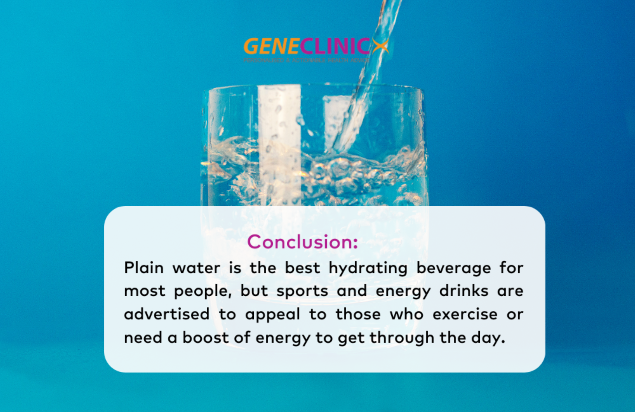Interesting facts about energy drink
- GeneClinicX
- Feb 23, 2023
- 1 min read
Updated: Feb 25, 2023
Energy drinks are often confused with sports drinks Energy drinks are marketed to increase alertness and energy levels (hence, the high levels of caffeine) while sports drinks are advertised to replenish glucose, fluids, and electrolytes (sodium, potassium, magnesium, calcium) lost during strenuous exercise.
Caffeine's role in boosting mental and physical performance is well established and consuming energy drinks containing caffeine up to 60 mins before exercise can improve mental focus, alertness and physical performance. This is the reason such drinks are called energy drinks.
Legal stimulants can increase heart rate
However, they are a double edged sword because these legal stimulants also increase blood pressure, heart rate and breathing, all of which you should avoid before a workout.
The indiscriminate use of energy drinks, especially if you consume more than one serving per day, could lead to adverse events and harmful side effects, including:
Dehydration → not enough water in your body
Heart complications → an irregular heartbeat and heart failure
Anxiety → feelings of nervousness and of being jittery
Insomnia → the inability to fall and stay sleep
Some of these energy drinks are also very high in simple carbohydrates (sugar) and so can cause a whole slew of other issues, including high blood sugar levels and weight gain.
Athletes, in particular, should consider the impact of ingesting high glycemic load carbohydrates on their metabolic health, blood glucose and insulin levels, as well as the effects of caffeine and other stimulants on motor skill performance.
Many high school and college going students and young adults consume energy drinks along with alcohol. This unhealthy combination can lead to many harmful side effects, especially in younger people. Please avoid this toxic mix!









Comments